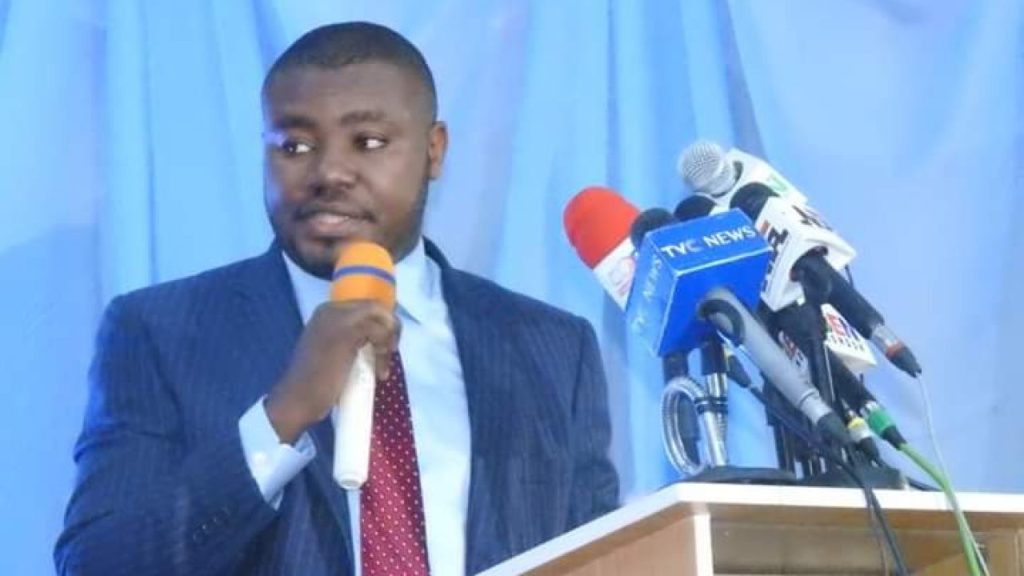The recent meeting between the Federal government of Ethiopia and Tigray to discuss the implementation of the Pretoria agreement has raised concerns about the progress made so far. The statement by the African Union Commission (AUC) Chairperson Moussa Faki Mahamat fell short of expectations, with many critical issues remaining unresolved.
Despite claims of ‘steady and commendable’ progress in implementing the Cessation of Hostilities Agreement (COHA), the reality on the ground tells a different story. The plight of rape survivors, the repatriation of IDPs and refugees, and the demobilization of combatants are among the key pillars of the agreement that have not been adequately addressed. The lack of access for monitoring and verification mechanisms further highlights the challenges in tracking progress.
While some achievements such as the cessation of hostilities and the reopening of schools have been noted, the ongoing human rights abuses and displacement of over a million people paint a different picture. The lack of focus on transitional justice and post-conflict reconstruction and development further complicates the path to lasting peace in the region.
The call for leadership, collaboration, and compromise from the parties involved is essential, but without addressing key issues such as the repatriation of IDPs and refugees, the restoration of Tigray’s administrative territory, and the lack of political dialogue, achieving lasting peace remains a distant goal.
The AU’s commitment to supporting an Ethiopian-led process has been questioned, with criticisms of bias and a lack of robust follow-up actions. The imbalance in power dynamics and the federal government’s strategic agenda have hindered progress, leaving Tigray unable to address basic humanitarian needs.
In conclusion, the implementation of the Pretoria agreement faces significant challenges that must be addressed to pave the way for enduring peace in Tigray. Without tackling fundamental issues and addressing partisan biases, the road to reconciliation and stability remains uncertain.



